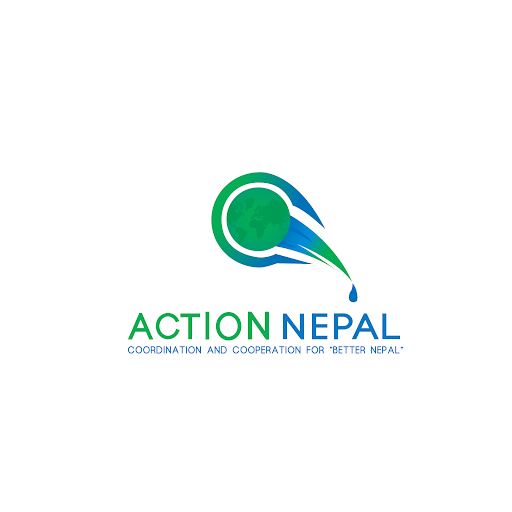
Who we are
Founded in 2000, Action Nepal is a grassroots organization headquartered in Nilkantha, Dhading. We are committed to advancing the socio-economic status of Nepalese communities—particularly those in rural and disaster-prone areas—by focusing on livelihood improvement, WASH (Water, Sanitation, and Hygiene), disaster risk reduction, governance, and community empowerment.
Over the years, we have also expanded into advocacy work, including tobacco control and public health awareness campaigns, partnering with both national and international stakeholders.
Our Vision
A prosperous and resilient Nepal where empowered communities lead their own development with dignity and equity.
Our Mission
To enhance the socio-economic conditions of marginalized communities by providing sustainable solutions in livelihood, health, governance, infrastructure, and disaster resilience.

















Our Work
Livelihood & Nutrition
We promote sustainable agriculture, income-generating skills, and nutrition awareness to ensure families are healthier and economically independent.
Water, Sanitation & Hygiene (WASH)
Our WASH initiatives improve access to safe drinking water, sanitation facilities, and hygiene education, reducing disease and enhancing overall community wellbeing.
Good Governance
We strengthen local institutions by fostering transparency, accountability, and community participation in decision-making processes.
Disaster Risk Reduction (DRR)
From training communities in disaster preparedness to supporting resilient infrastructure, we help minimize risks and build safer living environments.
Construction & Infrastructure
We support the construction of schools, drinking water systems, community buildings, and other critical infrastructure that directly improves lives.
Public Health & Advocacy
Through campaigns like tobacco control and school-based health education, we raise awareness and encourage healthier choices in communities.
Projects & Impact
Volunteer Camps: Hosting national and international volunteers in Dhading to support community projects, cultural exchange, and youth empowerment.
School Outreach: Delivering education programs in Dhading and Bara to improve learning environments and inspire students.
Disaster Symposium Participation: Partnering with academic institutions and global organizations to share knowledge and strategies on disaster resilience.
Community Construction Initiatives: Building essential infrastructure that improves access to water, education, and sanitation.
